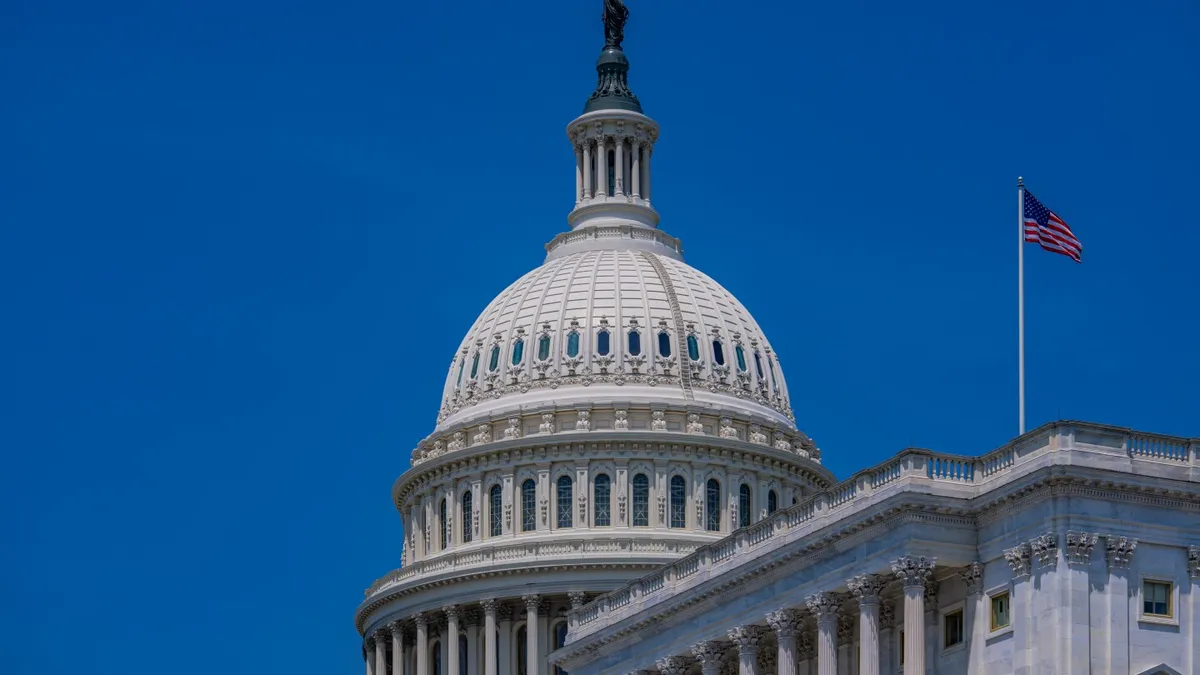
Since the United States Supreme Court's landmark decision in 2018, which allowed state-by-state legalized sports wagering, the potential for scandals within the sports betting industry has significantly increased. Recently, this concern has come to the forefront due to a sweeping indictment involving the NBA. This incident has prompted the United States Congress to take action, highlighting the growing intersection of sports integrity and gambling regulations.
In response to the recent scandal, the Senate Committee on Commerce, Science and Transportation reached out to NBA Commissioner Adam Silver with a formal letter. The committee is seeking comprehensive information about the league's gambling policies and ongoing investigations. The letter emphasized the necessity for the integrity of NBA games to remain intact, stating, “The integrity of NBA games must be trustworthy and free from the influence of organized crime or gambling-related activity.”
This inquiry is particularly relevant in light of the public's perception of sports betting scandals, as the committee articulated that such events might lead to widespread assumptions of corruption across all sports. The committee's request includes documentation related to investigations involving players, coaches, employees, or owners since 2020, focusing specifically on the internal investigation that previously cleared Miami Heat guard Terry Rozier.
Rozier was recently indicted on charges of conspiracy to commit wire fraud, allegedly linked to a scheme to manipulate the outcomes of his prop bets. The NBA's internal investigation determined that there was “insufficient evidence” of any wrongdoing on Rozier's part, which raises questions about why he was initially cleared to continue his professional career. The committee's letter underscores a need for clarity regarding the specifics of the NBA's investigation.
The Congress possesses extensive authority to enact regulations that govern professional sports leagues. This could include the establishment of a regulatory body akin to the Securities and Exchange Commission (SEC), which was formed in the wake of the 1929 stock market crash to combat insider trading. Just as the SEC monitors financial markets, a similar agency could be tasked with overseeing sports integrity, particularly in relation to the growing realm of legalized sports betting.
As the popularity and normalization of sports betting continue to rise, it is increasingly recognized that material non-public information can be exploited, leading to the potential for abuse. The implications of this scandal may pave the way for new legislation that imposes strict prohibitions against sharing sensitive information that could confer an unfair advantage in the sports betting landscape.
As the NBA navigates this challenging situation, the ongoing inquiry by Congress serves as a reminder of the critical need for maintaining integrity within professional sports. The outcome of this investigation and any resulting legislative measures could significantly shape the future of sports wagering, ensuring that the integrity of the games remains safeguarded against the potential corrupting influence of gambling.